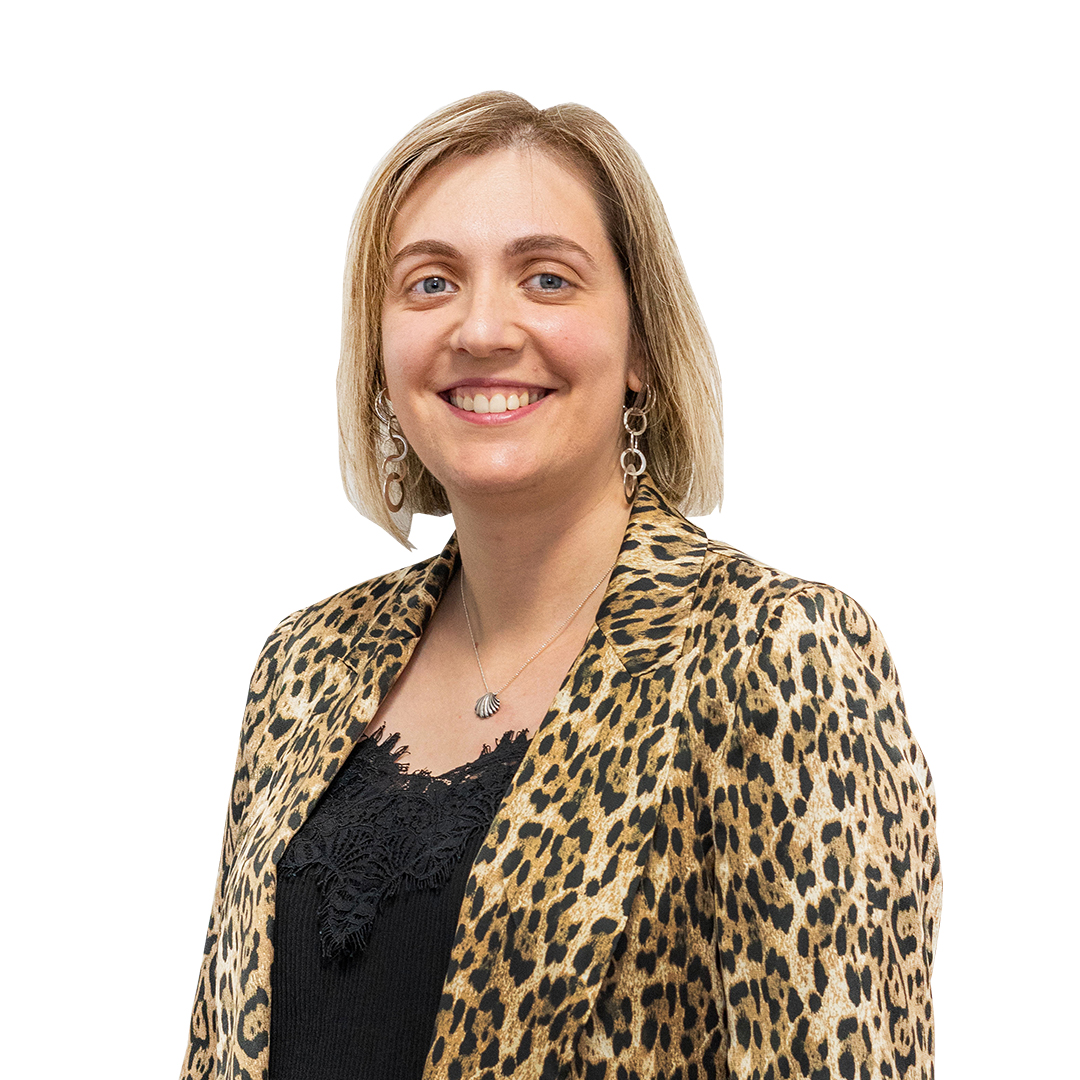
| Acronym: | REBECA |
| Cost Center: | 612 |
| Operation Code: | MAC/1.1a/060 |
| Title: | Blue Biotechnology Excellence Network (Algae) in the Macaronesia Region |
| Start-End: | 01-01-2017 - 31-12-2021 |
| Entidade Beneficiária Principal: | Fundação Gaspar Frutuoso |
| Gestores da FGF: | Vera Cordeiro |
| Responsible Researcher: | VÍtor Manuel da Costa Gonçalves |
| Organic Units: | FCT - Faculdade de Ciências e Tecnologia |
| R&D Units: | CIBIO-A - Centro de Investigação em Biodiversidade e Recursos Genéticos |
| Entidade | Montante |
|---|---|
| Total Financing | 200.778,91 € |
| Direção Regional da Ciência e da Tecnologia (15.0 %) | 30.116,84 € |
| Interreg MAC (85.0 %) | 170.662,07 € |
Main Objectives:
Specific objective 1. Start a network through coordination, connectivity and cooperation between research groups and technological centers in the Macaronesia and NE Africa region to consolidate a network of cultural collections of microalgae and native cyanobacteria, to evaluate the production and valorization of the biomass of new species of industrial, socioeconomic and environmental interest. With this, it will be possible to optimize the effort in conservation, exploration and recovery, becoming a close focus with a clear vocation to enhance and multiply new lines of research in the field of biotechnology with microorganisms, which encourages the involvement of new working groups. throughout the Macaronesia region, also constituting a diverse and plural core to attract the interest of the main international research groups in this area and for possible capital investment in these lines.
Specific objective 2. (ITC) New technologies for the production and processing of environmentally sustainable algae with “zero emissions” of CO2 (blue and green biotechnology).
p>
Specific objective 3. (SPECG) Effective offer of services in ALGAE BIOTECHNOLOGY to institutions and other social agents, development NGOs, groups or organizations for the preservation of the environment and heritage natural, entrepreneurs or individual entrepreneurs. Products, Marketing and Management (SPECG)
Project Description:
The Atlantic archipelagos of Macaronesia: Azores, Madeira, Canaries and Cape Verde have an extraordinary plant richness resulting from the evolution since their origins in the Tertiary Era and the isolation caused by the insular condition. These same conditions have also caused the isolation over the centuries of populations of microorganisms, especially freshwater, in closed water bodies (lakes, ponds, ponds, salt pans, river banks...). Unfortunately, studies on the diversity of microalgae in Macaronesia remain scarce, despite international guidelines pointing to the need to conserve natural heritage as a priority strategy. Furthermore, the research and development centers that have been consolidating in this field in recent years have not found the appropriate socio-political framework to develop a common work strategy.
The project proposes the creation of a collaboration platform between different regions of Macaronesia and NE Africa that allows the consolidation of a network of excellence in biotechnology based on the blue economy, specifically on biodiversity of microalgae, through the integration and creation of collections and deposits of algal genetic material. This would not only promote the active generation of synergies and collaboration strategies (joint use of infrastructure, training and qualification programs for personnel, offer of services, etc.), but also support to build new technological development projects based on rational use. of biological heritage, which would clearly be in line with the objectives of the Strategic Plan for Biological Diversity 2011-2020 and would enhance the economic and sociocultural development of the different regions of Macaronesia
In this sense, it will be possible to optimize the regional effort in this area of biodiversity conservation, while at the same time constituting a focus that encourages the involvement of new working groups throughout the Macaronesian region ( technology centers and universities with similar institutions for the African continent). Likewise, it would serve as a node to attract the main international research groups in this field and investment capital in these lines.


